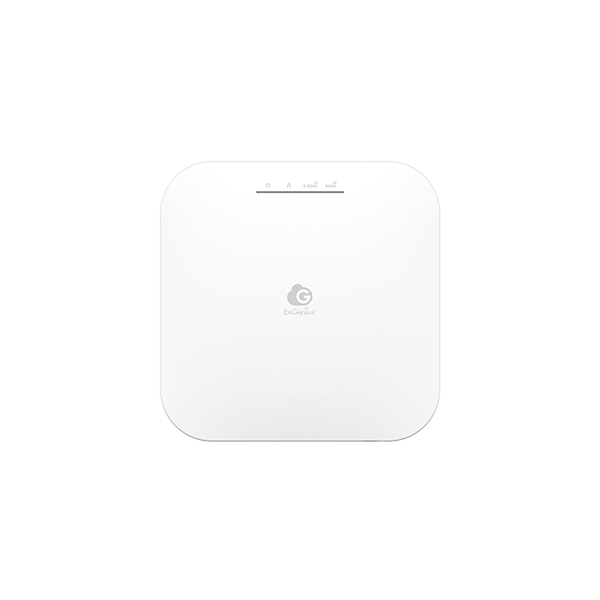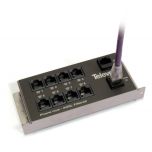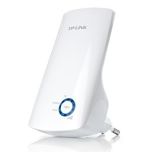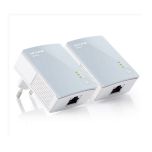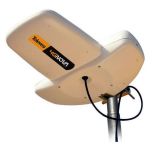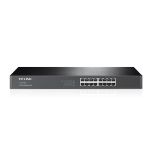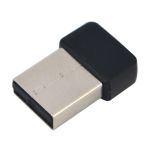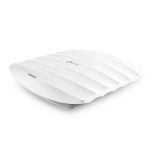Operating Frequency:
Dual-Radio Concurrent 2.4 GHz & 5 GHz
Operation Modes:
AP, AP Mesh, Mesh
Frequency Radio:
2.4 GHz: 2400 MHz~2482 MHz
5 GHz: 5150 MHz ~ 5250 MHz, 5250 MHz ~ 5350 MHz, 5470 MHz ~ 5725 MHz, 5725 MHz ~ 5850 MHz
Transmit Power Up to 20 dBm on 2.4 GHz:
Up to 20 dBm on 2.4 GHz
Up to 20 dBm on 5 GHz
(Maximum power is limited by regulatory domain)
Tx Beamforming (TxBF):
Radio Chains/Spatial Stream
2 × 2:2
SU-MIMO:
Two (2) spatial stream Single User (SU) MIMO for up to 574 Mbps wireless data rate with HE40 bandwidth to a 2×2 wireless client device under the 2.4 GHz radio. Two (2) spatial stream Single User (SU) MIMO for up to 1,200 Mbps wireless data rate with VHT80 to a 2×2 wireless device under the 5 GHz radio.
MU-MIMO:
Two (2) spatial streams Multiple (MU)-MIMO up to 1,200 Mbps wireless data rate for transmitting to two (2) streams MU-MIMO 11ax capable wireless client devices under 5 GHz simultaneously.
Supported Data Rates (Mbps):
802.11ax:
2.4 GHz: 9 to 574 (MCS0 to MCS11, NSS = 1 to 2)
5 GHz: 18 to 1200 (MCS0 to MSC11, NSS = 1 to 2)
802.11b: 1, 2, 5.5, 11
802.11a/g: 6, 9, 12, 18, 36, 48, 54
802.11n: 6.5 to 300 Mbps (MCS0 to MCS15)
802.11ac: 6.5 to 867 Mbps (MCS0 to MCS9, NSS = 1 to 2)
Supported Radio Technologies:
802.11ax: Orthogonal Frequency Division Multiple Access(OFDMA)
802.11ac/a/g/n: Orthogonal Frequency Division Multiple (OFDM)
802.11b: Direct-sequence spread-spectrum (DSSS)
Channelization:
802.11ax supports high efficiency throughput (HE) —HE 20/40/80 MHz
802.11ac supports very high throughput (VHT) —VHT 20/40/80 MHz
802.11n supports high throughput (HT) —HT 20/40 MHz
802.11n supports very high throughput under the 2.4GHz radio –VHT40 MHz (256-QAM)
802.11n/ac/ax packet aggregation: A-MPDU, A-SPDU
Supported Modulation:
802.11ax: BPSK, QPSK, 16-QAM, 64-QAM, 256-QAM, 1024-QAM
802.11ac: BPSK, QPSK, 16-QAM, 64-QAM, 256-QAM
802.11a/g/n: BPSK, QPSK, 16-QAM, 64-QAM
802.11b: BPSK, QPSK, CCK



